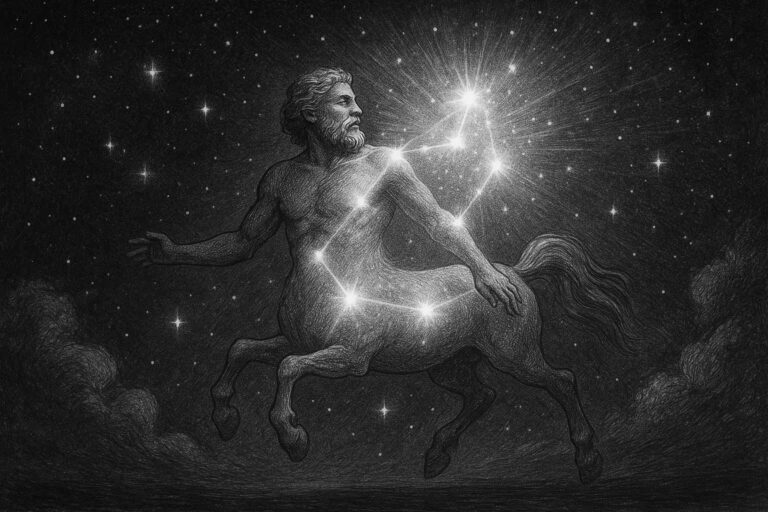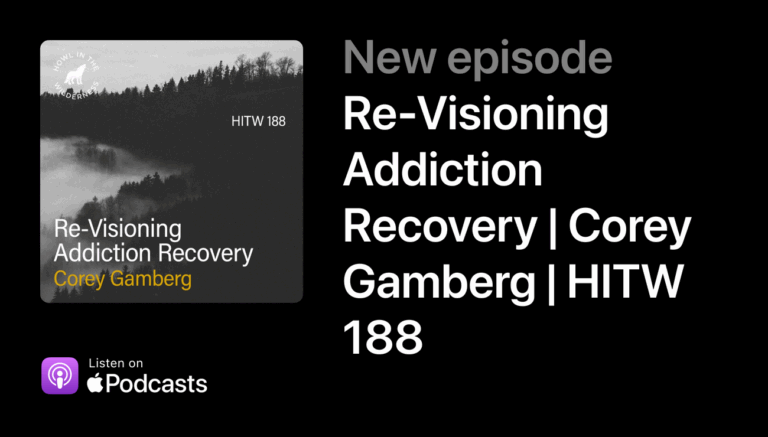This brings us to another idea in which we wish to re-vision, that of abstinence based recovery. From the beginning this has and continues to be seen by many the only form of “true” recovery. This belief is based upon the notion of a fully spiritual program as the only means of recovery from a “spiritual malady” as Bill W. and company have weaved into the collective.
The 12 step program carries this message as its roots are deeply Christian. The narrative of AA follows the story of Jesus, the fall, the rebirth – a tale as old as time. For this theme however, the story is not important. But, the unconsciousness of that story, what each member of AA takes on is, the notion of sin. To drink is to sin, to sin is to die. And the idea of sin carries its own unconscious and dark roots which take hold in each individual differently.
Viewing the program psychologically, we look beyond the hardened idea of abstinence on its literal level, and see-through it. Abstinence in its root means “starvation”. Depth Recovery see’s this not as abstaining from a substance, but that soul becomes the abstained substance in favor of spirit. When this occurs, one can not experience soul, which means one can not experience psychologically. One lives on the literal realm, living by dogmas, rigidity, all apart of that one well known universal narrative of Jesus. We are starved of soul.
But the soul is not monotheistic in its ways, its polytheistic. Meaning, it is an ocean of stories, not simply one. And nobody is able to live one story for their totality, thus they would not be living at all. That would be a story however too – a tragedy. You see, story is everywhere, all the time and we are always turning into and out of ourselves ; a poiesis, a constant making of one self, a constant making of soul.
Let’s return now to the idea that “to drink is to die”. Taken psychologically we can begin to see how the use of a substance is not simply for euphoric relief, it is also to invoke a divinity. The “spirits” or liquors awaken the Gods repressed down by the egos dominance and power. When one drinks, one enters into a different consciousness, one is embodied by a different God. Each one of these God’s presents themselves differently, uniquely, peculiarly – and sometimes leave us completely dumbfounded. Might this be a way of imagining the unmanageability of the initiatory first step? Substances awaken unmanageable states of being for collective society; the addict is typically seen as one on the fringes, disruptive, rebellious, destructive, and idealistic.
Why the need to ingest a substance and change consciousness in the first place? What does the seeking of altering my state really do for me? It returns us from our slumber, our disenchantment and enchants us with an entirely new way to experience ourselves and the world. For as long as time has been recounted, substances have been used in relation to the work of soul. Primitive tribes and indigenous peoples continue to use substances to do this today; not drugs, medicine.
Upon awakening, we return to the Ego consciousness, and step back into “our lives”. This back and forth of states of consciousness, embodying one God today, and another tomorrow is the polytheistic nature of soul. Ingesting the “spirits” awakens the passions, it is no coincidence the Greeks believed they resided in the liver…
So as one climbs the mountain top towards recovery, they kick the dirt from their feet atop the surface of the soul. The passions are buried, seen as dangerous, impure ; triggers. We can’t trust ourselves, we can’t listen to the inner voices, but if we maintain spiritually fit to his liking, we have a chance.




